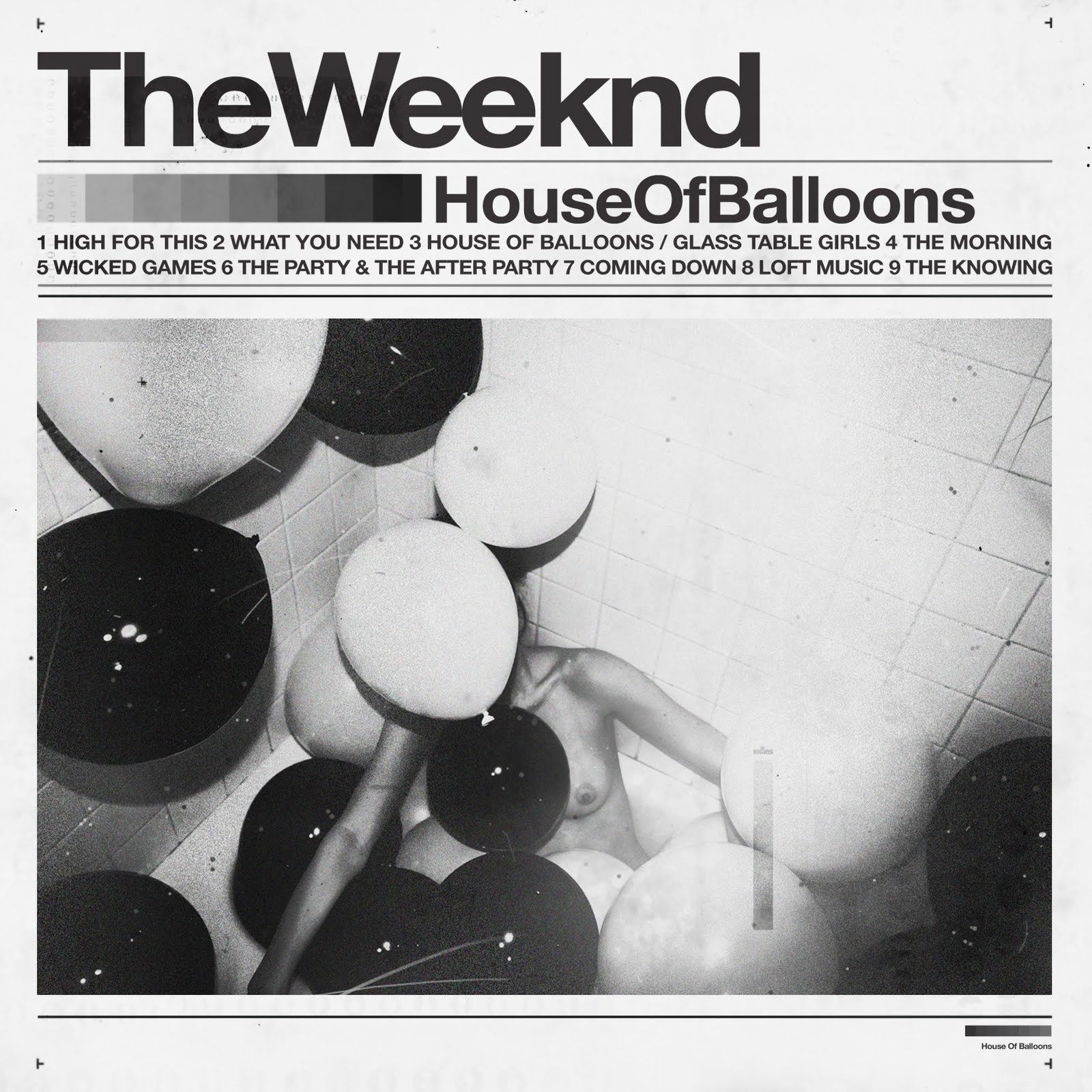Tracking the trending buzz genres of a given moment can feel a bit an exercise in falsehood. How exactly a given aesthetic movement shows up and dominates year-end lists has something to do with the circular nature of media attention and artistic development; the immediacy of the internet both perpetuates rapid stylistic turnover and forces re-imagination of the established, to varying degrees of success. Whatever cog in the machine made 2009 the year of woozy synthesizers, effected-to-shit vocal swoons and a certain disco sensibility has recently introduced, with artists like How To Dress Well, Frank Ocean and The Weeknd, the new kid on the indie-o-sphere playground: a highly atmospheric and deliberately produced brand of contemporary RnB as indebted to Burial as it is to R Kelly. I won’t pretend to understand “cool,” but once I managed to get past the embarrassing but perhaps prerequisite “what is this Trey Songz bullshit” moment, I found The Weeknd, Toronto’s Abel Terfaye’s, House of Balloons every bit as fresh as its significant hype promises, an explosive debut unlike most of whatever is on Hot 97 or whatever your city uses to listen to Drake.
The core of the album’s success is its fantastic establishment of tonal environment – a brooding sexuality both sadistic and carnivalesque. When he whispers, “don’t be scared, I’m right here” on opener “High For This,” the impression rendered is that fear wouldn’t be so unnatural a response. Tesfaye projects a devilish speaker with threatening charm, but also a destructive self-awareness simultaneously present and detached. On the druggy ode in infidelity “What You Need,” the desires of the track’s object of lust take a backseat to the speaker’s insisted self-importance, but not without a sort of implied doubt and thirst for acceptance. It’s more important that his partner finds his prowess and guidance into unspoken experimentation impressive than that he finds personal satisfaction. This obsessive grappling with perception speaks to an insecurity that is both affecting and terrifying, and The Weeknd’s Ellis-esque deviance isn’t always violent like it is on the transcendent “Wicked Games,” but is consistently serpentine in its churning and surfacing. How much of this fantasy do you share, dear reader? Admirable too is Tesfaye’s economically applied almost-humor, the irony of the vocal sample on “What You Need,” claiming this house a happy one, conjures a rare sort of knowing sadness, a bitter chuckle.
House of Balloons also succeeds in its understanding of juxtaposition, like in vocal peaks of “The Morning,” a somber follow-up to the strip-club-gone-freakish title track and its throbbing latter half. When “So I tell ’em use a debit watch they image start to lessen” rises over whirring keyboards and back-room door-knock kicks – never mind the bass, which is lush and spacious – it feels almost bright. But in context these moments of prettiness are passing headlights through high basement windows. Other times, however, the album is startling in its honesty. “Wicked Games” pairs piercing snippets of sound with the ballad of a broken heartbreaker seeking the high of chemical and sexual validation. It’s not like he doesn’t understand the brevity of relief – but isn’t that the nature of addiction?
But perhaps the most interesting vantage from which to scope Terfaye’s trip is as a sort of downcast observation of the nature of pop/RnB. The motifs are there: hypnosis via contorting bodies, animal desire and the unconscious labeling of “love,” desire to prove oneself sexually, rampant sexual prejudice that so gingerly flirts with misogyny… and yet there is something distinct that separates “Loft Music” from “DJ Got Us Falling In Love.” Maybe Usher is more subtle, or maybe The Weeknd is willing to unwrap the implications of lines like “I think I remember those eyes (eyes, eyes, eyes)” or “she don’t wrestle, but I got her in a headlock” and force them to look at themselves. The understanding and presentation of dance floor ritual as rehearsed and phony, a vehicle to the same tired end (“make her bed rock, mami on fire, red hot”) is almost on its own as frightening as the fact that these RnB hustlas and playas keep replaying the same night in an endless cycle of hooks and nonfulfillment. I doubt very much that House of Balloons is intentionally metamusical, but its swagger is so at once in tune with and in opposition to pop-soul tropes that the listening experience isn’t just dope, but feels exciting in its divergence from that which birthed it.


